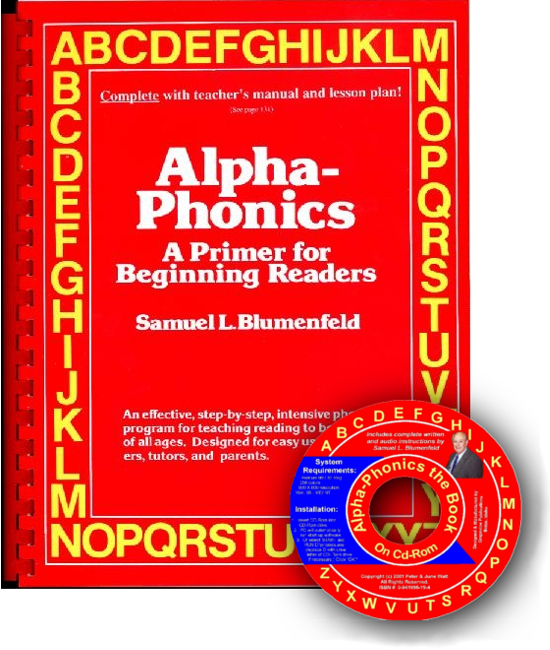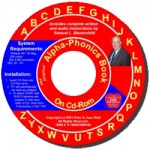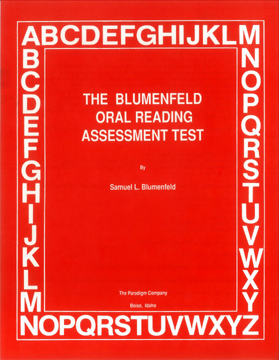How College Admissions Really Work: If The College Admissions Scandal Shocked You, Read This

Sara Wong for NPR
The fallout — and fascination — continue from the massivecollege admissions scandal.
The University of Southern California has “placed holds on the accounts of students who may be associated with the alleged admissions scheme,” the school saidin a statementon its website. And lawmakers in Congress have alreadyintroduced legislationaimed at leveling the playing field for college students.
But many college students say theyaren’t surprisedby the scheme, which involved bribing university coaches and test proctors to get wealthy students into some of the United States’ top schools.
Whether you’re fascinated byOlivia Jade Giannullior furious at her parents for scamming the system, here are a few ideas to keep in mind.
There are lots of ways that wealthy families get a boost in the college admissions process. Most are quite legal.
Donations:It’s no secret that well-off alumni give money to their alma maters. This cash can make a difference when the kids of these alumni grow up and apply to college. The  issue came up last fall in theHarvard University admissions trial— which focused on the ways that the school factors race into admissions. That trial also lifted the veil on how the process can work, and among evidence presentedwere email exchangesbetween Harvard officials discussing connections between applicants and major donors.
issue came up last fall in theHarvard University admissions trial— which focused on the ways that the school factors race into admissions. That trial also lifted the veil on how the process can work, and among evidence presentedwere email exchangesbetween Harvard officials discussing connections between applicants and major donors.
Legacy admissions:Nearly half of private colleges and universities (42 percent) and 6  percent of public ones take into account whether an applicant’s family members attended that school, according toInside Higher Ed. Harvard officialsdefendedtheir use of legacy admissions in court filings, saying the practice helps connect the school with its alumni, whose financial support is essential.
percent of public ones take into account whether an applicant’s family members attended that school, according toInside Higher Ed. Harvard officialsdefendedtheir use of legacy admissions in court filings, saying the practice helps connect the school with its alumni, whose financial support is essential.
Campus visits:Some colleges consider whether students “demonstrate interest” in their schools by making the costly trip to visit campus. But not every family can afford that trip.
Applying early decision:At many schools, students aremore likely to be admittedin the early action or early decision cycles, which occur in the fall instead of the spring. Butresearch showsthat early options favor white and wealthy students.
College consulting and test prep:AsThe New York Timesreported last week, some  well-off families pay hundreds, even thousands of dollarsfor guidance from college consultants. These consultants are part of an entire industry devoted to getting wealthy teens into their schools of choice.
well-off families pay hundreds, even thousands of dollarsfor guidance from college consultants. These consultants are part of an entire industry devoted to getting wealthy teens into their schools of choice.
How important is it to attend one of these elite schools?
For most Americans, these schools represent more than a college degree — they’re seen as a ticket to economic mobility. And getting into an elite collegecanmake a big difference for low-income students, who end up making almost as much as their peers,according to researchby a team based at Harvard.
Butstudies have also shownthat going to a prestigious college doesn’t make much of a difference in long-term happiness or life satisfaction.
We hope Parents of Students desiring to go to college will find this article of interest, especially Parents who Homeschooled their Children in K-12. Many of these Students have been taught by their OWN Parents to read. And many of those were taught using ALPHA-PHONICS. If you are considering teaching your OWN Children to read we hope you will consider ALPHA-PHONICS. It has been used successfully by Homeschooling Families for over 37 years. It is very easy to use! You can find all about ALPHA-PHONICS by following the LINKS below:



 Alpha-Phonics
Alpha-Phonics The Alphabet Song!
The Alphabet Song! Water on the Floor
Water on the Floor Alpha-Phonics the Book on CD Rom
Alpha-Phonics the Book on CD Rom Blumenfeld Oral Reading Assessment Test
Blumenfeld Oral Reading Assessment Test How To Tutor
How To Tutor How To Tutor Cursive Handwriting Workbook
How To Tutor Cursive Handwriting Workbook